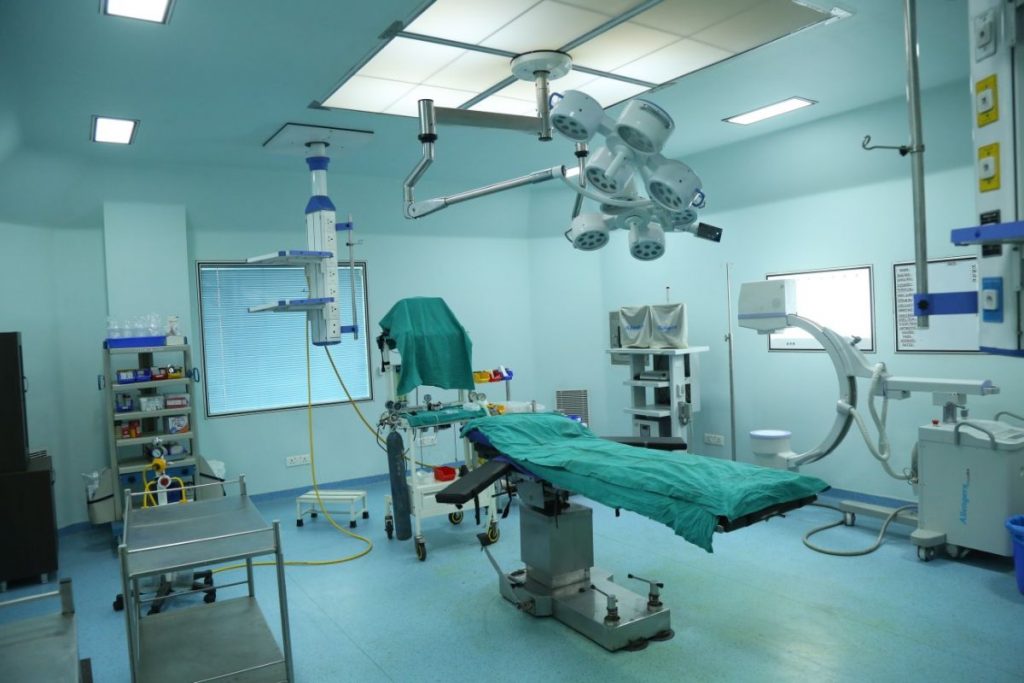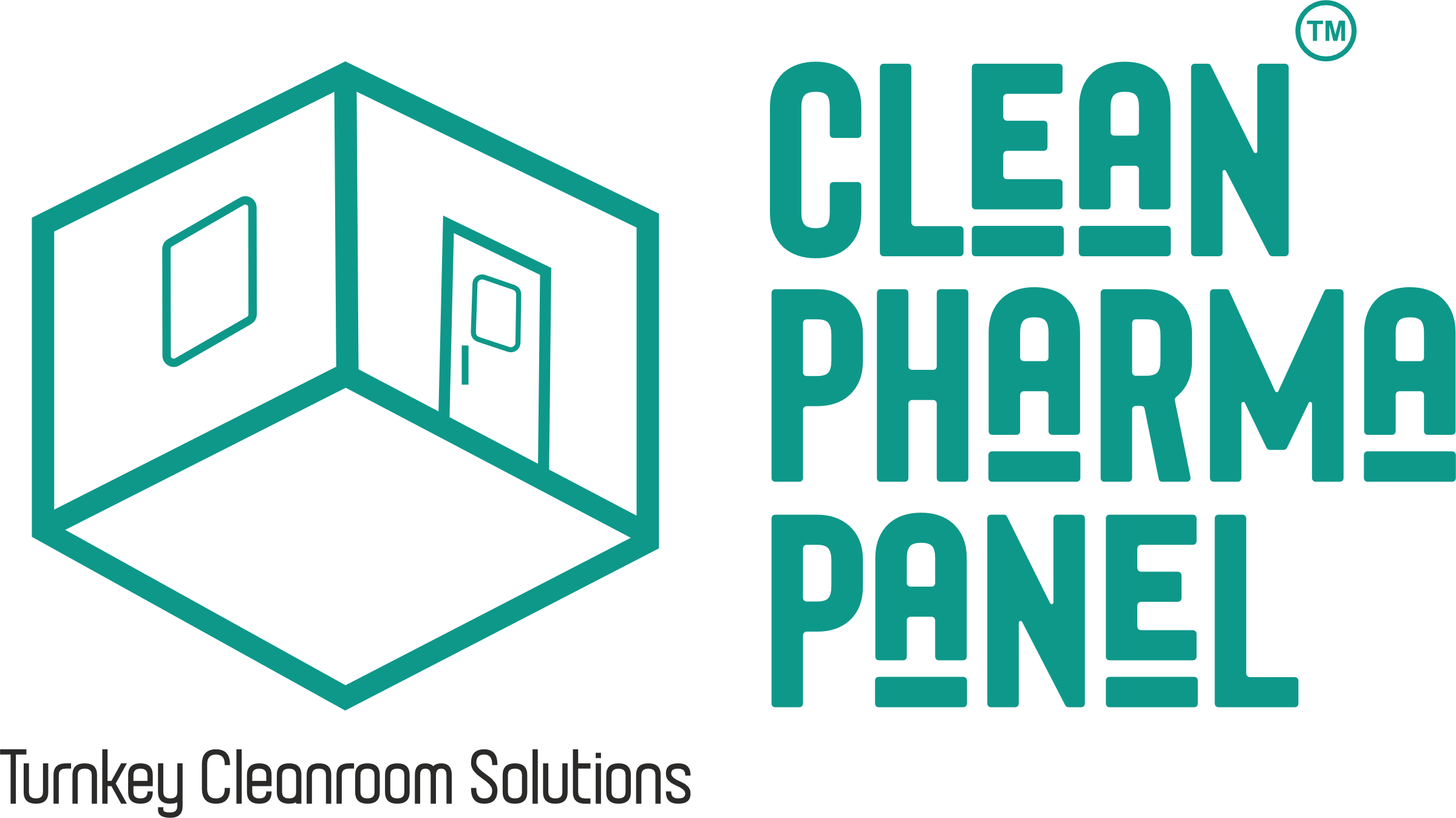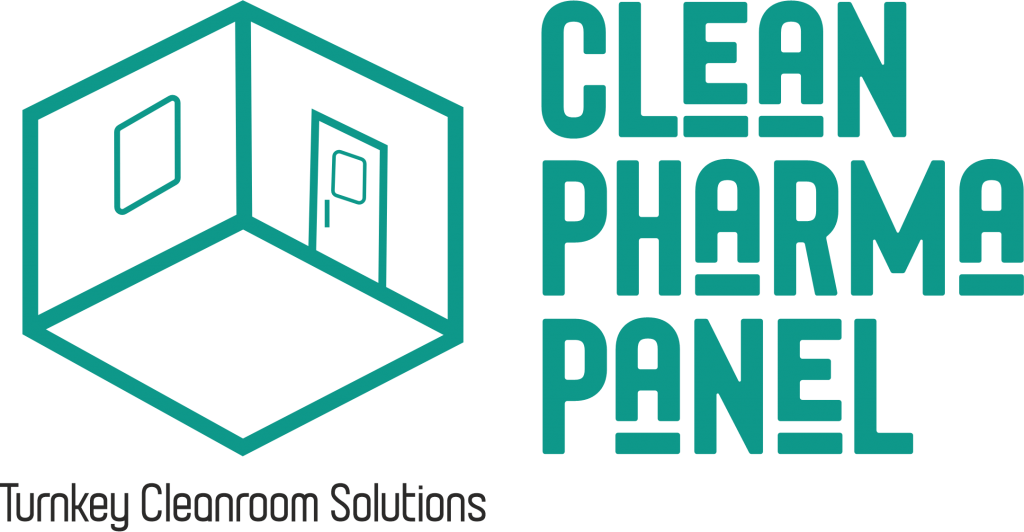
The National Accreditation Board for Hospitals and Healthcare Providers (NABH) has established guidelines for Modular Operation Theatres (MOTs) to ensure patient safety and quality care. Some of the key guidelines for Modular Operation Theatres include:
- Design: The design of the Modular Operation Theatre should follow the principles of asepsis and minimize the risk of infections. The modular walls, floors, and ceilings should be easy to clean and maintain.
- HVAC: The HVAC (Heating, Ventilation, and Air Conditioning) system should maintain positive pressure inside the operation theatre to prevent the entry of airborne contaminants. The HVAC system should be designed to ensure a minimum of 15 air changes per hour and maintain a temperature between 20 to 25 degrees Celsius.
- Lighting: The lighting system in the Modular Operation Theatre should provide uniform illumination and minimize shadows. The illumination levels should not be less than 1000 lux on the operating table surface and 500 lux on the surrounding area.
- Sterilization: The Modular Operation Theatre should have a separate area for the storage of sterilized instruments and equipment. The sterilization process should follow the guidelines established by the Central Sterilization Supply Department (CSSD).
- Waste Management: The Modular Operation Theatre should have a waste management system that segregates the waste into different categories such as biomedical, general, and hazardous waste. The waste management system should follow the guidelines established by the National Green Tribunal.
- Safety: The Modular Operation Theatre should have a safety system that includes emergency lighting, fire suppression system, and a backup power supply. The electrical and gas installations should conform to the guidelines established by the National Building Code.
Modular Operation Theatres (MOTs) have become increasingly popular in recent years, owing to their versatility, ease of installation, and ability to provide a sterile environment for surgical procedures. To ensure patient safety and quality care, the National Accreditation Board for Hospitals and Healthcare Providers (NABH) has established guidelines for MOTs. In this article, we will discuss the NABH guidelines for Modular Operation Theatres in detail.
Introduction
Modular Operation Theatres are self-contained, prefabricated units that can be installed within a hospital or healthcare facility. They are designed to provide a sterile environment for surgical procedures and are equipped with state-of-the-art medical equipment, lighting, HVAC systems, and other features to ensure optimal patient outcomes. The use of MOTs has become increasingly popular in recent years, particularly in developing countries where there is a shortage of healthcare infrastructure.
The National Accreditation Board for Hospitals and Healthcare Providers (NABH) is an autonomous body that provides accreditation to hospitals and healthcare facilities in India. NABH has established guidelines for Modular Operation Theatres to ensure patient safety, quality care, and adherence to best practices.
Design
The design of the Modular Operation Theatre is critical to ensuring a sterile environment for surgical procedures. NABH guidelines require that the MOT be designed to minimize the risk of infections and follow the principles of asepsis. The modular walls, floors, and ceilings should be easy to clean and maintain, and any gaps or seams should be sealed to prevent the entry of contaminants. The MOT should also have a minimum of two doors, with one serving as the entrance and the other as the exit.
HVAC
The HVAC (Heating, Ventilation, and Air Conditioning) system is a critical component of the Modular Operation Theatre. The HVAC system should maintain positive pressure inside the operation theatre to prevent the entry of airborne contaminants. The air pressure inside the MOT should be at least 15 pascals higher than the pressure outside. The HVAC system should also be designed to ensure a minimum of 15 air changes per hour and maintain a temperature between 20 to 25 degrees Celsius.
The HVAC system should have HEPA (High-Efficiency Particulate Air) filters to ensure that the air inside the MOT is free of contaminants. The HEPA filters should be installed at the air supply and return ducts and should be replaced periodically to ensure their effectiveness.
Lighting
The lighting system in the Modular Operation Theatre is critical to ensuring that the surgical team has adequate visibility and can perform procedures with precision. The illumination levels in the MOT should not be less than 1000 lux on the operating table surface and 500 lux on the surrounding area. The lighting system should provide uniform illumination and minimize shadows.
The lighting fixtures should be easy to clean and maintain, and should not have any exposed wires or other components that could serve as a source of contamination. The lighting fixtures should also be installed in such a way that they do not interfere with the HVAC system.
Sterilization
Sterilization is a critical component of ensuring a sterile environment in the Modular Operation Theatre. The MOT should have a separate area for the storage of sterilized instruments and equipment. The sterilization process should follow the guidelines established by the Central Sterilization Supply Department (CSSD).
The CSSD should be located within the hospital or healthcare facility and should be equipped with state-of-the-art sterilization equipment. The CSSD should also have a system in place to ensure that the sterilization process is monitored and validated regularly.
Waste Management
Waste management is another critical component of ensuring a sterile environment in the Modular Operation Theatre. The MOT should have a waste management system that segregates the waste into different categories such as biomedical, general, and hazardous waste. The
waste management system should comply with the guidelines established by the Central Pollution Control Board (CPCB) and the Ministry of Environment and Forests.
The waste management system should be located outside the MOT and should not interfere with the HVAC system. The system should be designed to prevent the entry of contaminants into the MOT and should be easy to clean and maintain.
Medical Equipment
The medical equipment used in the Modular Operation Theatre should be of high quality and comply with the guidelines established by the Medical Council of India (MCI). The equipment should be easy to clean and maintain and should not have any exposed wires or other components that could serve as a source of contamination.
The equipment should be installed in such a way that it does not interfere with the HVAC system or the lighting system. The equipment should also be regularly maintained and calibrated to ensure its effectiveness.
Training
Training is a critical component of ensuring that the surgical team is aware of the guidelines established by NABH for Modular Operation Theatres. The surgical team should be trained on the principles of asepsis, infection control, waste management, and the use of medical equipment.
The training should be provided by qualified trainers and should be documented. The training should also be periodically reviewed and updated to ensure that the surgical team is aware of the latest guidelines.
Conclusion
In conclusion, the NABH guidelines for Modular Operation Theatres are critical to ensuring patient safety and quality care. The guidelines cover various aspects such as design, HVAC, lighting, sterilization, waste management, medical equipment, and training.
Hospitals and healthcare facilities should ensure that they comply with the NABH guidelines to provide a sterile environment for surgical procedures. Compliance with the NABH guidelines not only ensures patient safety but also enhances the reputation of the hospital or healthcare facility

